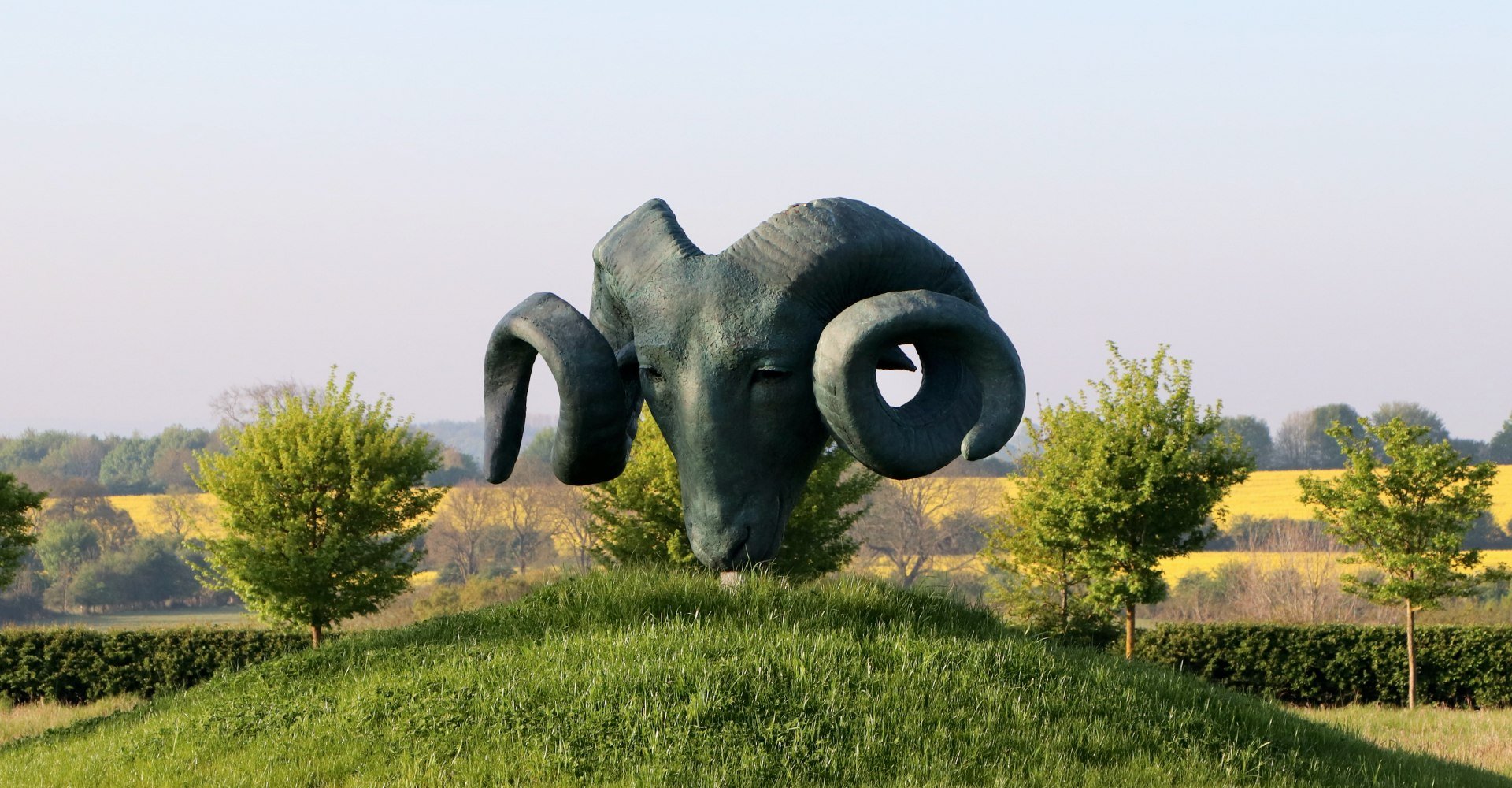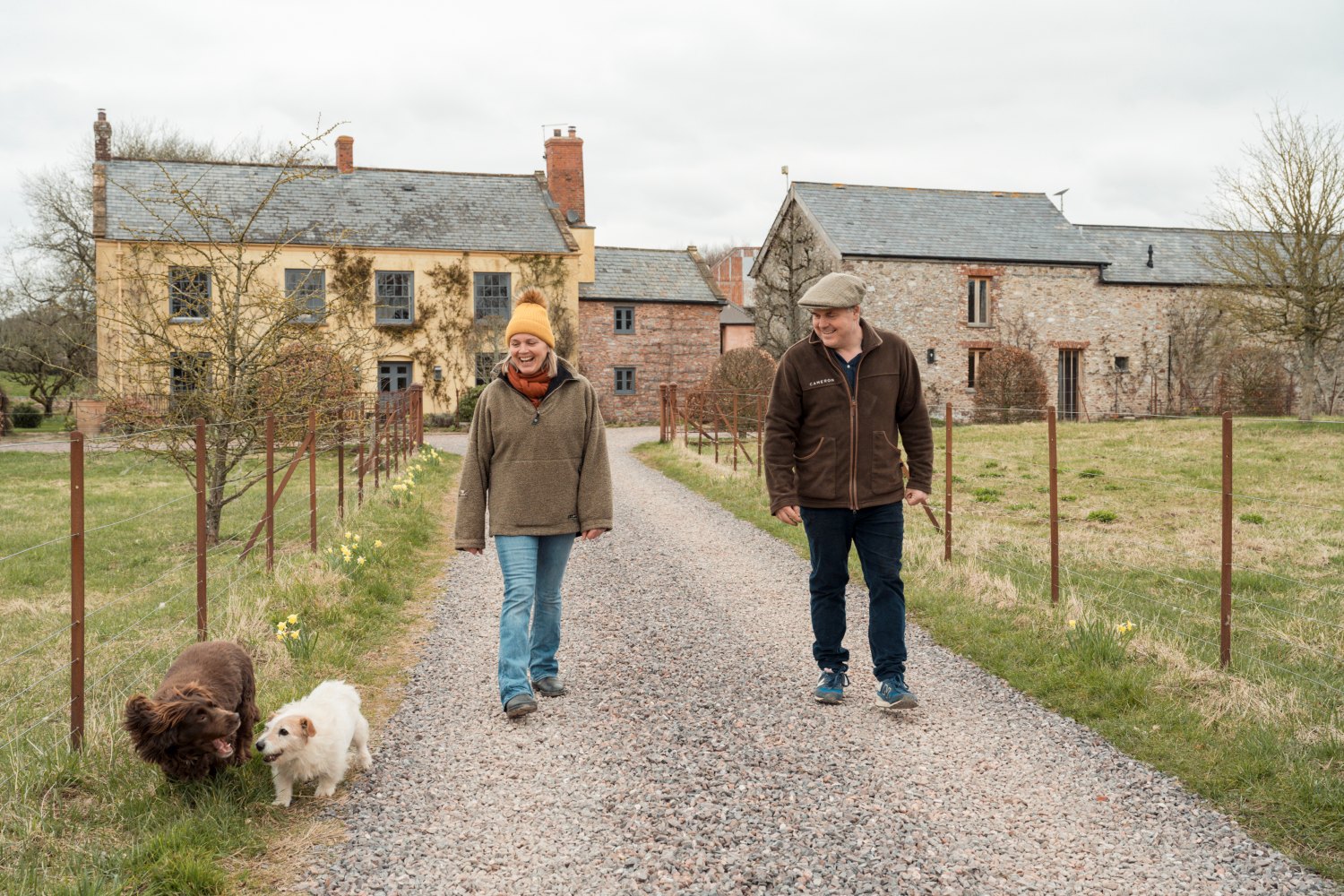Life in our land: Investing in nature at the Wiston Estate
The Wiston Estate in West Sussex has been successful in profitably integrating nature into their diversified estate and commercial farming business. So how have they done it?
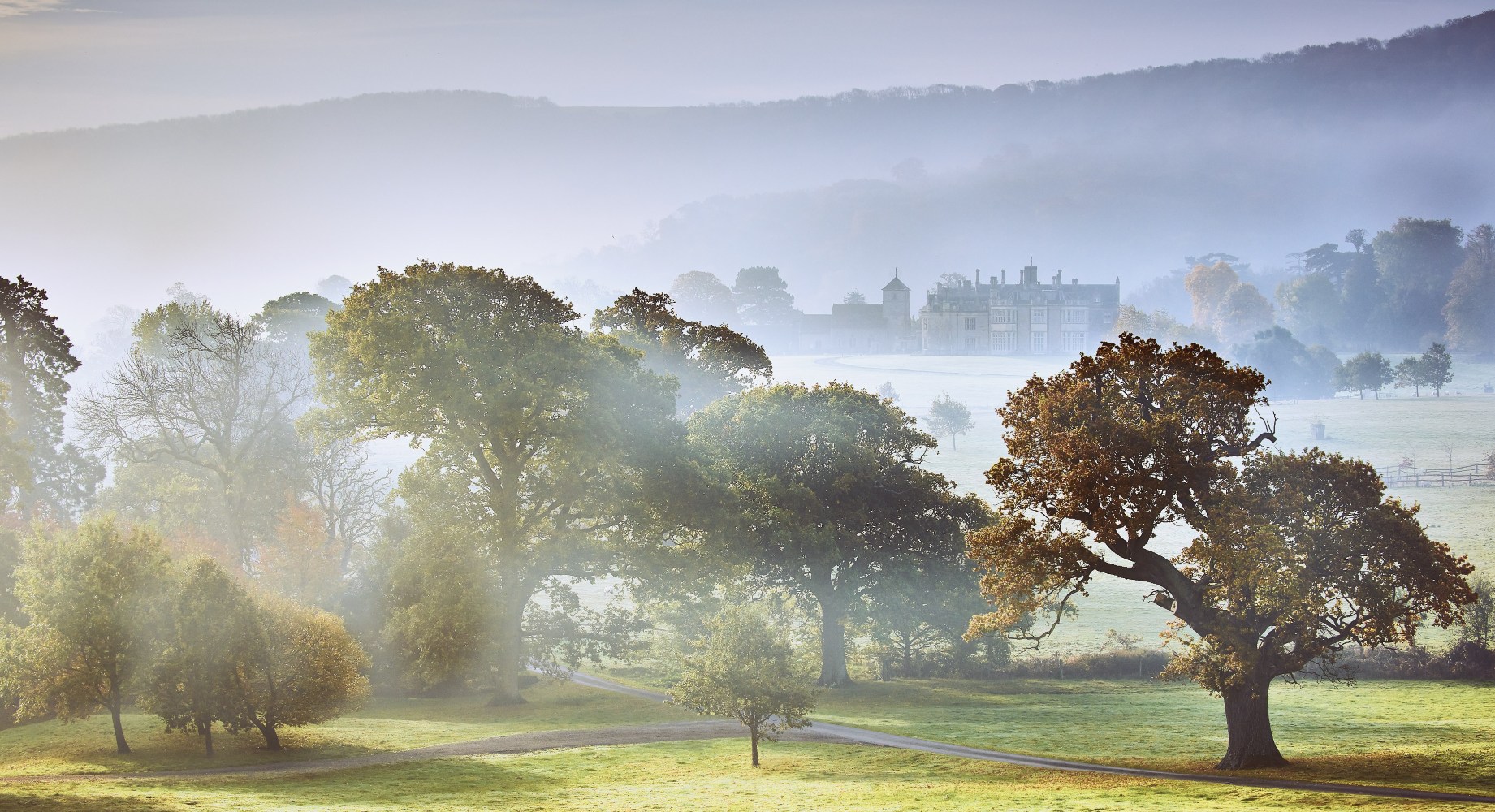
Jamie Evans-Freke, a Partner within Knight Frank’s Rural Consultancy Department, heads to the Wiston Estate to discover how they are placing nature at the heart of their business. For further research, news and insights into rural estate and farming businesses, sign up to receive the spring/summer edition of Knight Frank’s The Rural Report.
As I relax in the sunny courtyard outside Chalk, the Wiston Estate’s fine-dining restaurant, waiting to interview Richard Goring who runs the 6,000-acre estate with his wife Kirsty, I am reminded that attention to detail is a top priority for them.
The architectural quality of the converted farm buildings, which also include a stylish winery showcasing the estate’s award-winning wines, is second to none. The attentive and knowledgeable staff are clearly very proud to be part of the business.
This meticulous approach is also evident in Richard’s decision to employ a dedicated ecologist, one of very few estates in the UK to invest in such a new role. “It’s a dream I’ve had for the past 10 years”, explains Richard, whose family has lived at Wiston, perched on top of the Sussex Downs, since the 1700s.
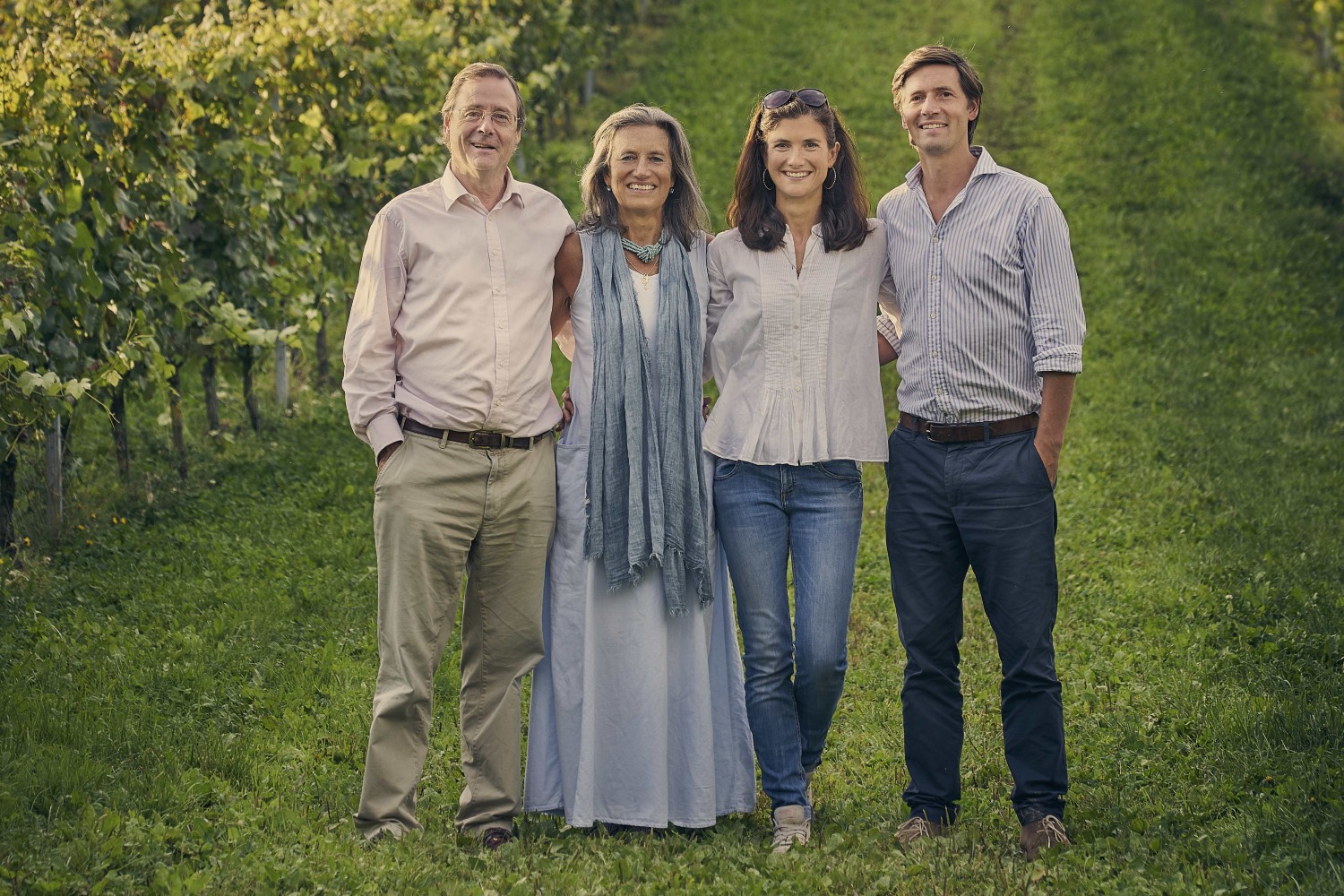
“It’s very easy to make yourself feel good by saying, ‘oh, we’ve got skylarks, and there are linnets and corn buntings’, but having somebody on-site full time who can say what is and isn’t working has been a real game changer. We’ve always liked to experiment with things, but now we have the data to properly monitor and manage what we are doing.”
Ecologist Penny Green brings her expertise and experience to Wiston from the nearby, highly-respected Knepp Estate that has led the way in the UK’s rewilding movement.
“I don’t think there are any hard feelings,” he laughs. “Charlie and Issy Burrell are friends, and I think they are just happy that other estates are following their lead when it comes to focusing on ecology. We had a fantastic moth trap session the other day and are looking forward to learning more about cowpats and dung beetles!”
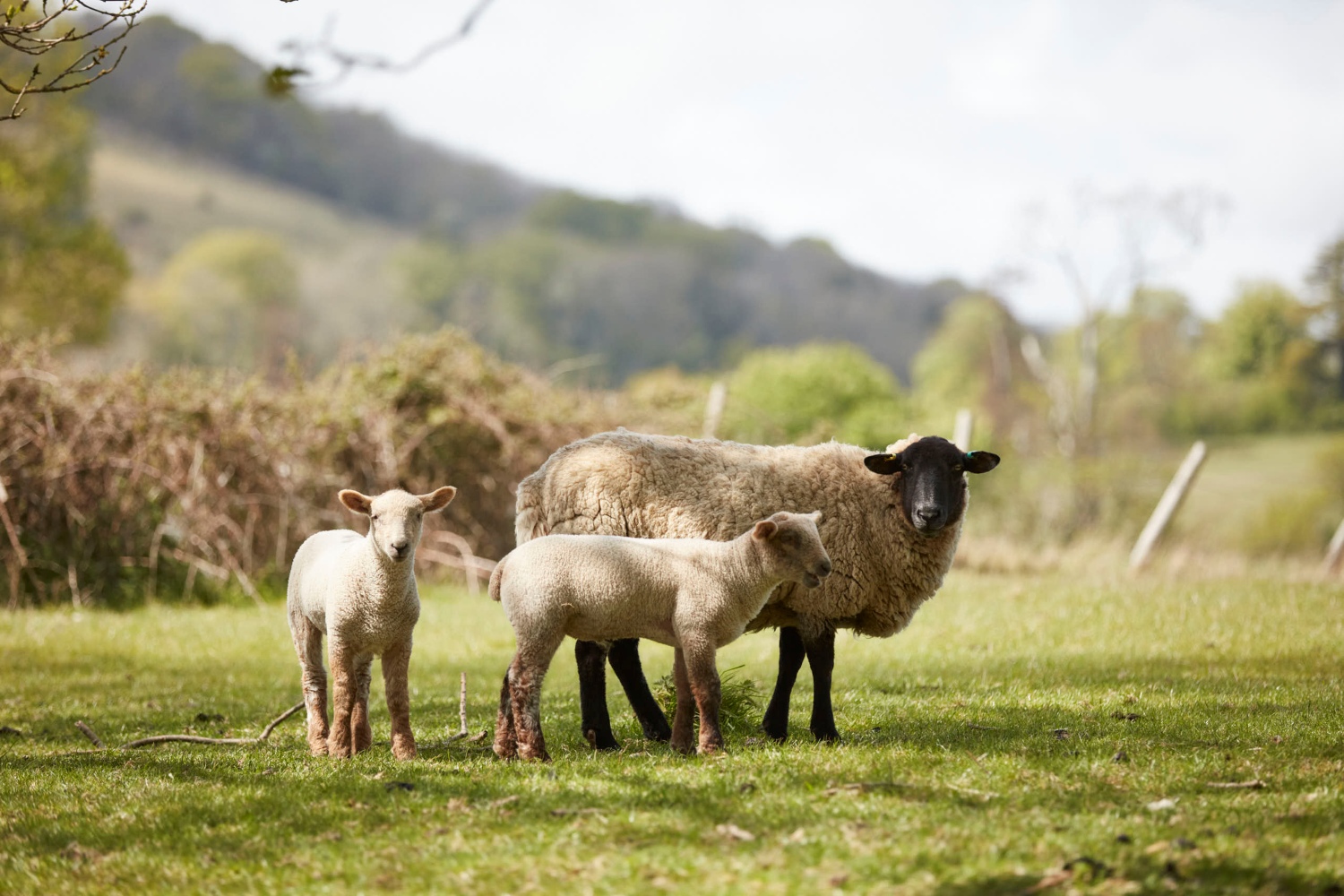
Whilst Wiston may not grab as many headlines as Knepp, it has long been a frontrunner in combining a strong environmental ethos with commercial farming. “In the mid-80s my dad was one of the first farmers to put their land into an Environmentally Sensitive Area (ESA) scheme.”
“That was really the shift for us to start thinking about landscape-scale chalk grassland regeneration. It was partly a commercial decision because it was difficult to grow much on our really steep land, but as long-term stewards, you are always thinking about what you can do for the next generation.”
“If I had to sum up my approach in a sentence it would be ‘restoring the value of life in our land’. The government’s support has been part of making that possible.”
But relying on the largesse of the state can be problematic when schemes such as the Sustainable Farming Incentive (SFI) are closed at short notice. “We are tussling with Defra about an application we had pending. It doesn’t create a great degree of confidence within the farming community.”
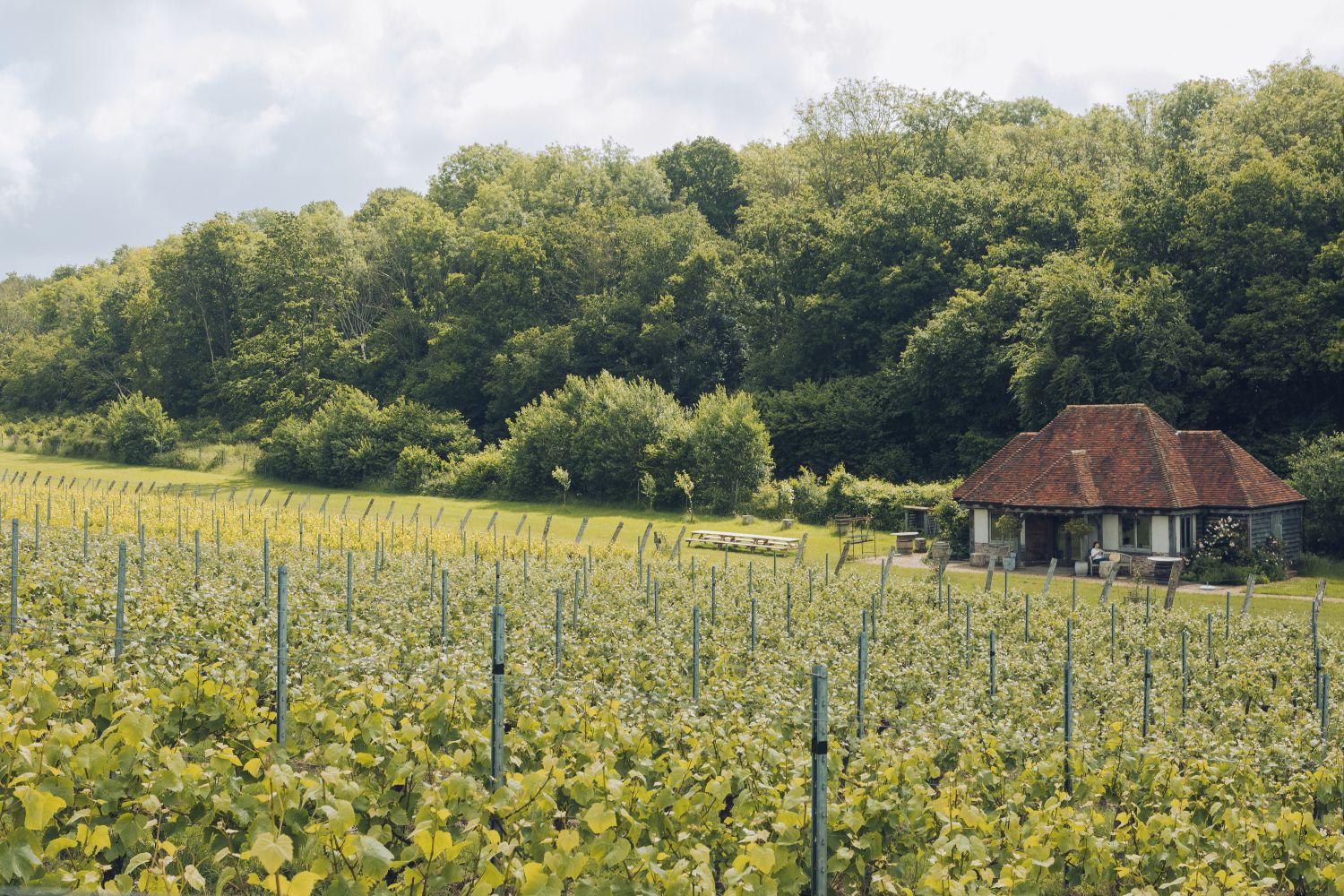
Private funding
It is the emergence of new privately funded environmental income streams that has been a game-changer for Wiston.
“We were one of the first estates to sell Biodiversity Net Gain (BNG) credits in 2023 before the scheme even became mandatory. The government’s environmental schemes are good, but often they only cover the income you forgo by farming less intensively.”
“Selling 70 BNG credits really gave us some capital to reinvest in the business and do things like hiring an ecologist. Penny has been fantastic. She’s out there looking dynamically at what nature is doing on the estate and telling the team all about it. That’s got everybody more excited about what is happening on the land, which is exactly the place I was hoping we would get to.”
“An ecologist also allows you to show the government or corporate funders that you are delivering what you’ve promised to do, which will become increasingly important.”
In addition to creating several hundred more BNG credits ready to sell, the estate is also involved with a Southern Water project to mitigate nitrate pollution using cover crops and grass and herbal leys.
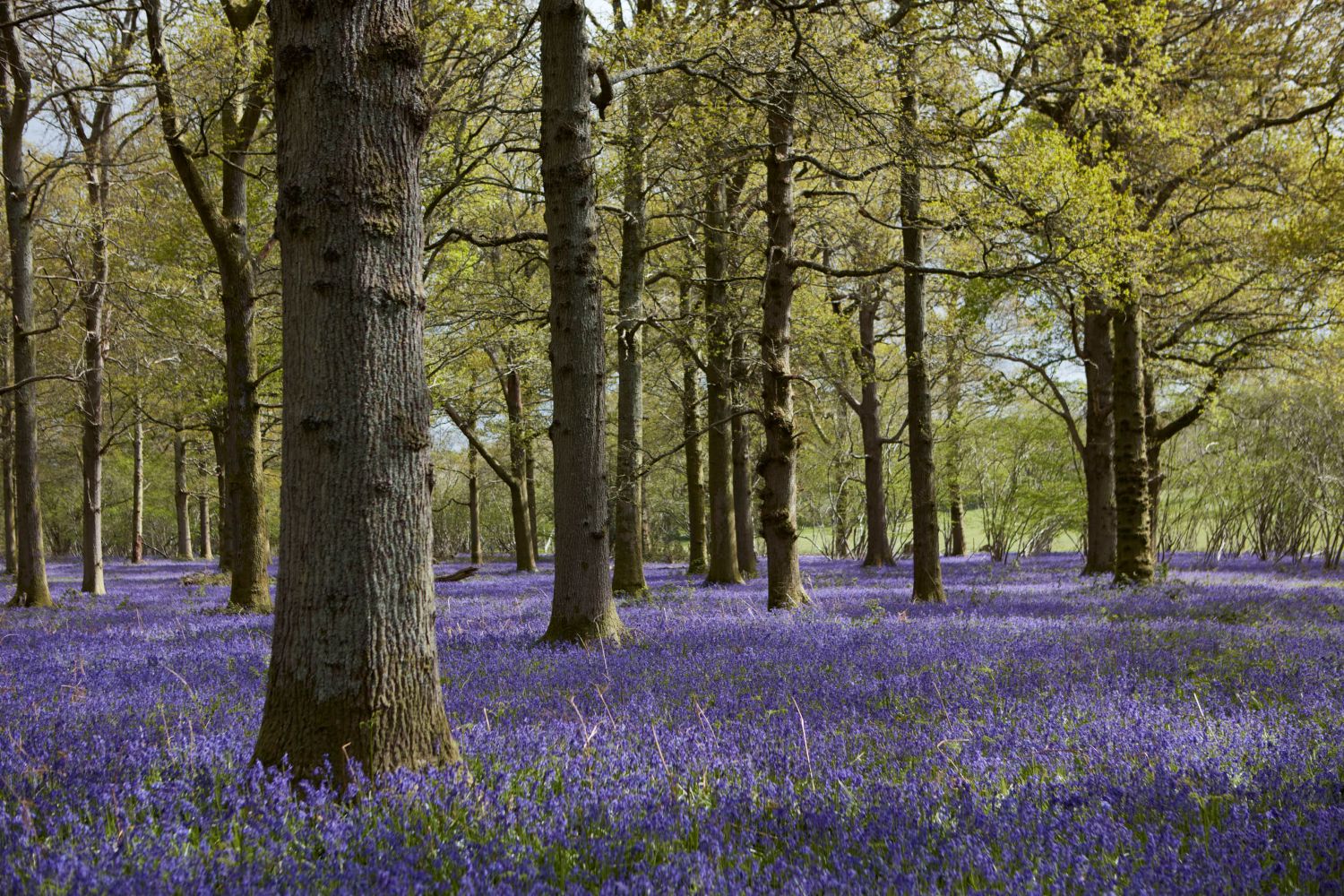
Whilst biodiversity levels are blooming, the estate still commercially farms 800 acres of wheat, oats and barley, in addition to its flourishing vineyard, which was created by Richard’s mother, who comes from South Africa’s renowned Cape wine region, using the proceeds from selling Wiston’s dairy herd in 2005.
Richard says he isn’t tempted to go down the rewilding route. “First of all, the South Downs’ unique flora and fauna is a farmed landscape created over thousands of years, but I’m also proud that we still produce enough wheat to supply the needs of 18,000 local people for a year.”
Looking forward, Richard is keen to use Penny’s enthusiasm and expertise to help share the estate’s environmental journey with many more people. “We want to do it really well and with integrity - we’re not rushing into anything.”
Attention to detail matters.
For further research, news and insights into rural estate and farming businesses, sign up to receive the spring/summer edition of Knight Frank’s The Rural Report.

